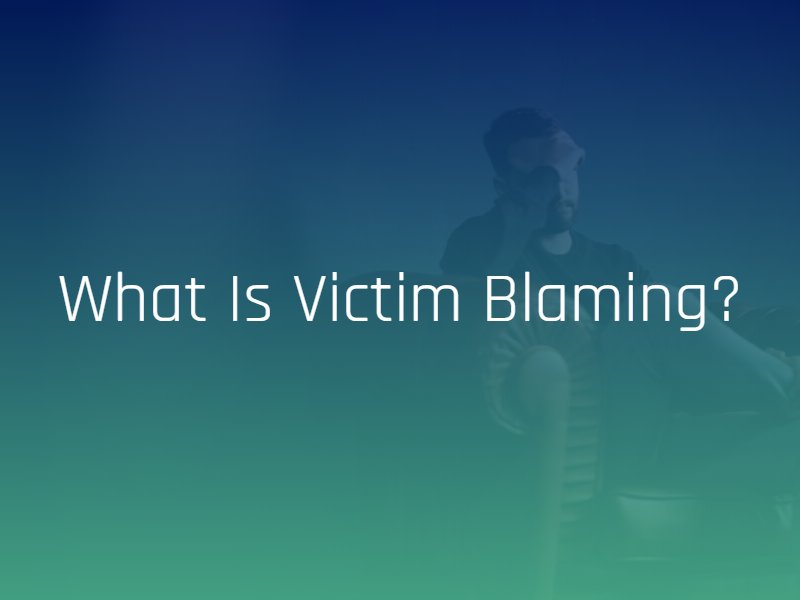Survivors of sexual assault deserve to seek justice against their perpetrators without judgement or blame from their communities. Unfortunately, many survivors face acts of scrutiny after coming forward — and victim blaming is an all-too-common occurrence. Instead of focusing on supporting the survivor and ending sexual violence in their own communities, some people focus on shifting blame onto him or her, which can cause significant harm.
The Definition of Victim Blaming
Victim blaming occurs when a person questions what the victim in a violent scenario could have done to avoid the crime, rather than questioning why the perpetrator committed the crime in the first place. By participating in victim blaming, this person shifts the fault of the assault from the person who committed the act to the survivor.
For example, someone may make a comment on what a survivor was wearing at the time of the assault, implying that if he or she dressed more modestly, then the perpetrator would not have assaulted them. This is a common form of victim blaming seen in many sexual assault cases across the world, but many other forms of victim blaming occur.
The following acts are also instances of victim blaming in the context of sexual assault.
- Claiming that the survivor provoked the perpetrator into committing the sexual assault
- Stating that the assault is excusable because both the perpetrator and the survivor were intoxicated at the time
- Claiming that the survivor should not have been drinking at the time he or she experienced the assault
- Stating that the survivor and the perpetrator both share fault in the violent situation, claiming that the survivor has issues as well
How Does Victim Blaming Impact Survivors?
In the days, months, and years after experiencing sexual assault, survivors undergo a whirlwind of emotions. These can include shame, disgust, fear, and self-blame. Some survivors believe that they are at fault for the assault before speaking to anyone about it, and having their fears confirmed by a victim blamer can decrease their likelihood of seeking help.
In fact, according to the Rape, Abuse, and Incest National Network (RAINN), only 230 out of every 1,000 sexual assault cases are reported to law enforcement. Survivors surveyed by RAINN stated that some of the major barriers to reporting include believing the crime was a personal matter (13%), believing it was not important enough to report (8%), and believing the police wouldn’t help (13%) — and victim blaming can cause all of these barriers.
How Can We Stop Victim Blaming?
Victim blaming is a pervasive issue in the United States. However, if we work together to combat the thoughts and behaviors that contribute to this practice, we can reduce the amount of stigma that survivors face when they share their stories and encourage them to seek help.
- If you hear someone make a victim blaming statement, challenge him or her. Advocate for the survivor and communicate clearly that sexual assault is wrong, no matter what anyone was wearing or whether or not someone was drinking.
- If someone you know committed an act of sexual assault, hold him or her accountable for his or her actions. Do not allow this person to excuse his or her behavior, or blame the assault on an external factor like drugs or alcohol. Do not allow this person to blame the assault on the survivor.
- If a survivor shares his or her story with you, do not use victim blaming language when communicating with him or her. Listen to the survivor’s story carefully and actively without interruptions, and ask him or her what you can do to help. Encourage the survivor to seek help, whether it be by going to a sexual assault resource center, making a police report, or speaking to a counselor.
If you are a survivor of sexual assault, you are not alone and many pathways to justice are available to you. You can choose to press criminal charges against the perpetrator, but you can also file a civil claim and seek alternate pathways to healing. Contact an attorney for sexual assault victims with experience advocating for survivors’ rights as soon as possible to share your story.

